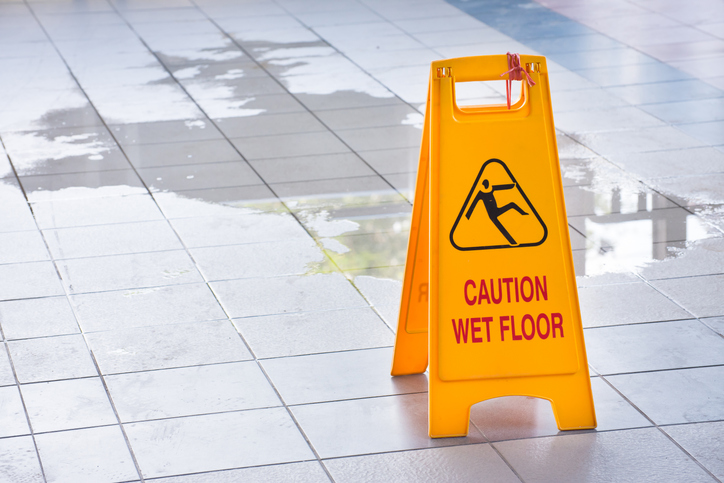In the state of Texas, establishing liability in slip and fall accidents requires a clear demonstration that a property owner or manager was aware of—or should have been aware of—a hazardous condition that led to an injury due to failure on the part of the business owner to remedy the situation. Was the hazard foreseeable and could it have been prevented with reasonable care? This area of law, known as “premises liability”, rests on the principle that Texas property owners have a legal duty to maintain a safe environment for visitors. Whether in the sprawling malls of Houston, or the corporate buildings of Dallas, when an individual suffers a slip and fall, they must determine whether they have a legal cause of action against the business owner.
Premises liability in Texas is governed by state law, codified primarily in the Texas Civil Practice and Remedies Code. The statutes within this code outline the general obligations of property owners and occupiers to ensure the safety of their premises for visitors. Under Texas law, the extent of the owner’s duty to a visitor depends on the classification of the visitor as an invitee, licensee, or trespasser:
- 1) Invitee: A person who enters the premises with the owner’s knowledge and for the mutual benefit of both parties (for example, a customer in a store). The property owner owes an invitee the duty to ensure the property is safe and to check for any hidden dangers.
- 2) Licensee: A person who enters the property for their own convenience or on personal business with the owner’s permission but without any mutual benefit. The owner owes a licensee a duty not to harm them willfully, wantonly, or through gross negligence.
- 3) Trespasser: A person who enters the property without any right, lawful authority, or express or implied invitation. The owner generally owes no duty to a trespasser except to refrain from causing willful injury.
In the context of slip and fall cases, Texas courts have developed case law that further refines the application of these statutes, focusing on the concept of “reasonable care” that property owners must exercise to prevent harm.
Key cases that have influenced premises liability law, including slip and fall cases in Texas, may include:
- CMH Homes v. Daenen, in which the Texas Supreme Court clarified the duty owed to invitees.
- Keetch v. Kroger Co., which dealt with the question of known or obvious dangers.
- Wal-Mart Stores, Inc. v. Gonzalez, where the court discussed the standard for what the plaintiff must prove regarding the property owner’s knowledge of the dangerous condition.
Property owners in Texas have a duty to ensure their premises are reasonably safe for visitors. This means owners must take reasonable care to prevent slip and fall accidents by fixing hazards like wet floors, loose carpeting, or uneven walking surfaces, or at least by warning visitors about them. To succeed in a slip and fall claim in Texas, the injured person must prove that the property owner knew or should have known about the dangerous condition and failed to address it responsibly. This involves showing that:
- The condition presented an unreasonable risk of harm,
- The owner was aware or should have been aware of the danger,
- The owner failed to take reasonable steps to reduce or eliminate the risk.
Specific Texas Laws that Apply to Slip and Fall Cases
- Comparative Negligence Rule Keep in mind that Texas uses a “modified comparative fault” rule, meaning that if the injured person is found to be partly at fault for the accident, their compensation may be reduced by a percentage equal to their share of fault. If they are more than 50% at fault, they may not receive any compensation.
- Statute of Limitations: The time limit for filing a slip and fall lawsuit in Texas is generally two years from the date of the accident.
- Notice of Claim: Some establishments might have specific processes for handling incidents, including requiring an injured person to file a notice of claim within a certain period after the injury occurs.
Slip and fall cases can be complex. It is often beneficial for someone injured in a slip and fall accident to consult with a skilled personal injury attorney who has experience with premises liability cases in Texas to get advice tailored to the specifics of their situation. Contact Ceja Law Firm, PLLC for a complimentary initial consultation if you believe you may have recourse arising from a slip and fall accident on the premises of a business.











